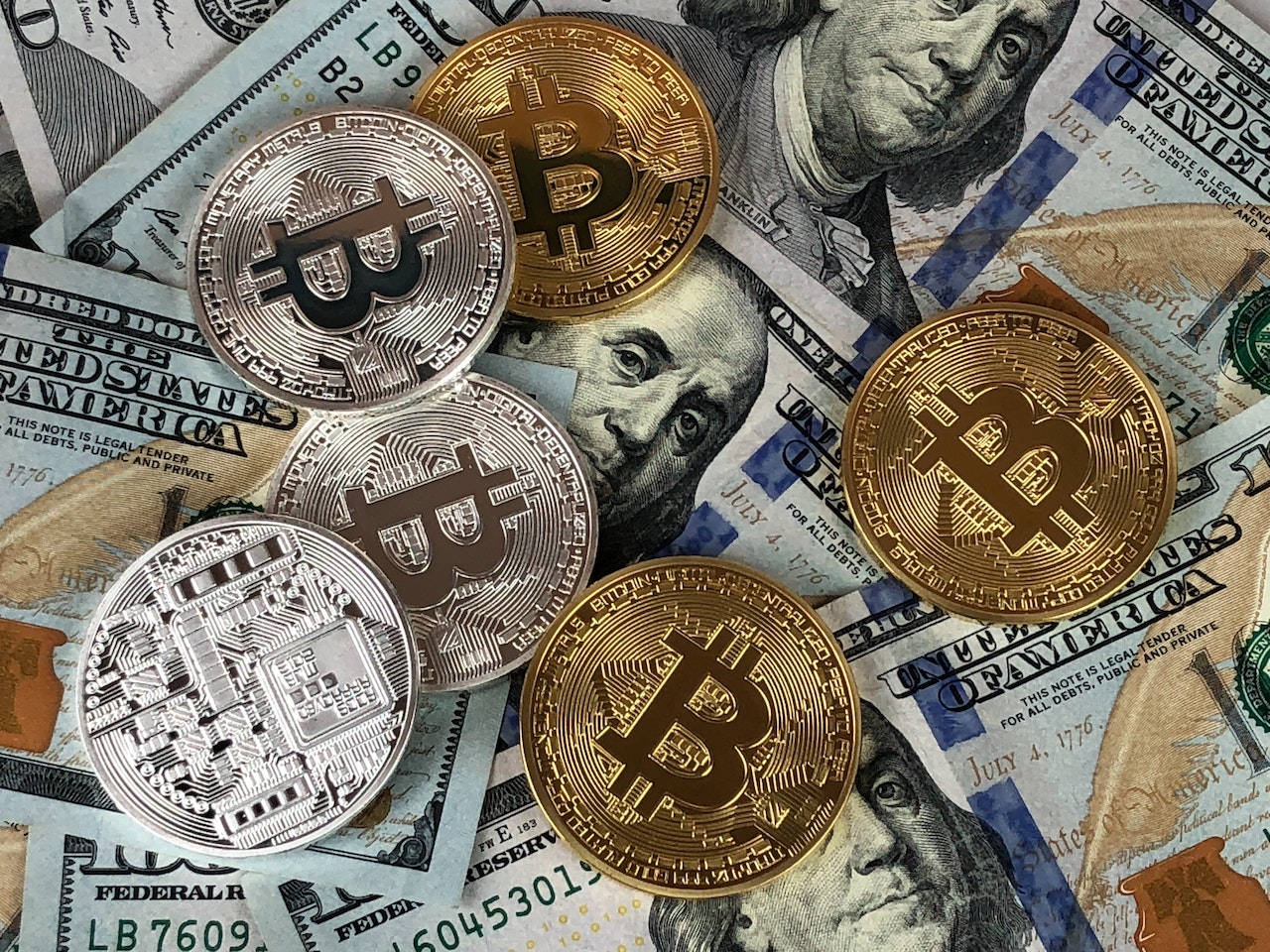
James Carter
What Exactly Is A Hash Auctions?

A hash auctions is a type of online auction where buyers and sellers compete to buy or sell digital assets such as bitcoins, Litecoins, and Ethereum. A hash auction operates on the simple principle of supply and demand. When there are more buyers than sellers interested in a particular asset, the price goes up. Conversely, when there are more sellers than buyers interested in an asset, the price goes down.
Hash auctions are often used to sell digital assets that have low liquidity (that is, don’t trade frequently on exchanges). This is because it’s difficult for buyers to get their hands on the asset quickly. In short, hash auctions are a great way to buy and sell digital assets without having to deal with brokers or middlemen. And if you’re new to the world of digital currencies, hash auctions may be the perfect way for you to get started. (Also Read: What is telecoin in cryptocurrency?)
How Does a Hash Auction work?
The auctioneer announces the starting price for each hash and then starts handing out pieces of information to the bidders in turn. Each bidder must submit its hash within a certain amount of time, or it will be disqualified. The highest bidder receives the input string and can then use it to solve the corresponding problem.
How do I participate in a hash auction?
Research the auction beforehand. Know what you’re getting yourself into. There are a variety of different types of hash auctions available, so it’s important to know what you’re looking for before signing up.
Plan your budget ahead of time. Hash auctions can be expensive, so it’s important to have an idea of how much money you’re willing to spend. Also, be prepared to pay taxes on any winnings!
Be organized and prepared to take care of business. It’s helpful if you have a copy of your contract handy and know which questions to ask the seller during negotiations. Make sure you have everything you need before bidding begins—no one wants to end up with a mess at the end!
Be patient; hash auctions tend to go fast! It can be difficult to keep track of all the action, but patience is key to getting a good deal on a quality piece of cannabis concentrate or flower.
Have fun! Participation in a hash auction is certainly an enjoyable experience—don’t forget to enjoy yourself while you’re looking for a new stash!
Tips for Winning at Hash Auctions
Hash auctions are a fun way to buy and sell digital goods. They’re like online auctions, but the items being auctioned off are chunks of data called “hash chains.” The hash chain is a sequence of 64-bit hexadecimal numbers that is unique to every item that has been submitted for auction.
There are a few tips you can use to win at a hash auction:
First, make sure you have a good strategy. Hash auctions are all about getting the best possible price for your item, so you need to know what will bring in the most bids.
Second, be prepared to commit some time and money upfront. Many hash auctions require participants to place a pre-emptive bid on the item and then wait for the bidding war to rage before making their own offer.
Finally, be patient. Sometimes it takes a while for an auctioneer to get around to selling an item. Don’t be discouraged if your offer doesn’t get accepted right away; chances are good that someone else will jump in later and win the bid!
What are the Types of Hash Auctions?
Dutch auction: The Dutch auction is the most common type of hash auction because it offers the highest potential for buyers and sellers to reach an agreement. In a Dutch auction, the price of an asset is determined by setting a fixed price at which all sellers are willing to sell their asset. The higher the bid price, the more valuable the asset becomes. The lowest bidder can then buy the asset at this fixed price.
First-come, first-served: A first-come, first-served auction is similar to a Dutch auction, except that there is no fixed price setting. In this type of auction, the highest bidder wins the right to purchase an asset regardless of its value. This means that low bidders may be able to buy an asset at a lower price than high bidders if they are able to reach it first.
Vickrey Auction: In a Vickrey auction, each seller sets a different price for their asset and makes it available for sale simultaneously. The highest bidder can then purchase the asset from any seller at its respective price. This allows for more competition among bidders and results in higher prices for assets in a Vickrey auction compared to other types
What are the benefits of hash auctions?
1) You can get cryptos that you wouldn’t be able to otherwise purchase due to their high price or scarcity.
2) You can get cryptocurrencies at a lower price than you would have paid if they were available through traditional exchanges.
3) You don’t need to worry about liquidity, as all bids and offers are binding.
4) Hash auctions are fast and efficient, so you can quickly find what you’re looking for.
Conclusion
A hash auction, also known as a blockchain auction or proof-of-work auction, is a type of cryptocurrency transaction where miners compete to produce the next block on the blockchain. These transactions are verified by network nodes through cryptography and recorded in a publicly distributed ledger called a blockchain. Bitcoin and other cryptocurrencies have implemented uses of hash auctions to facilitate trustless, peer-to-peer transactions. (Also Read: What Is A HUH Token?)
Latest
Blockchain
09 May 2024
Blockchain
19 Apr 2024
Blockchain
16 Jan 2024
Blockchain
31 Aug 2023
Blockchain
24 Jun 2023
Blockchain
24 Jun 2023













